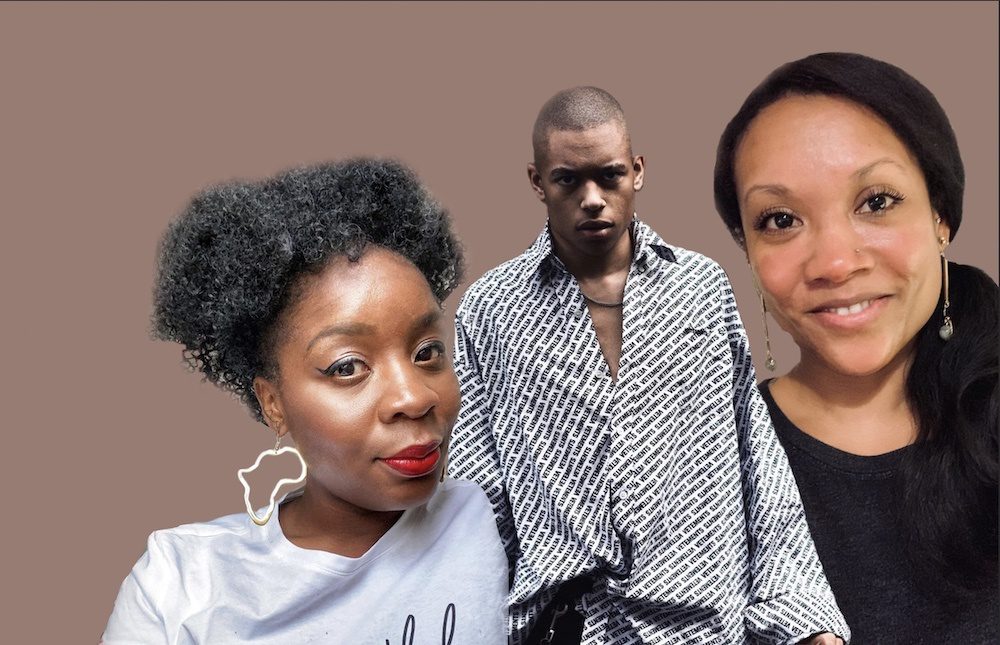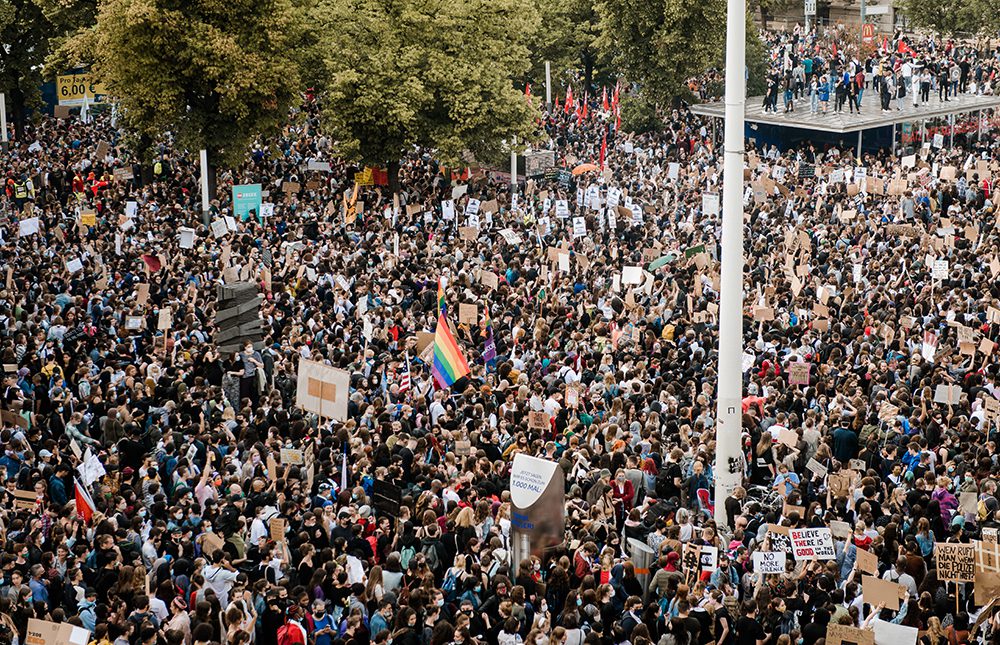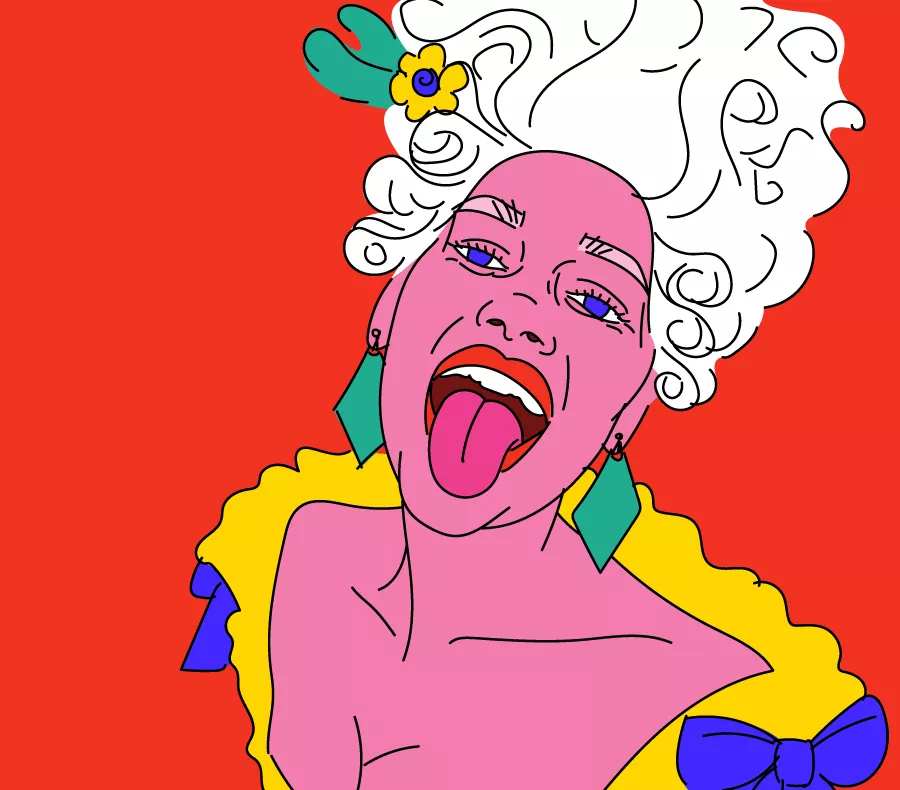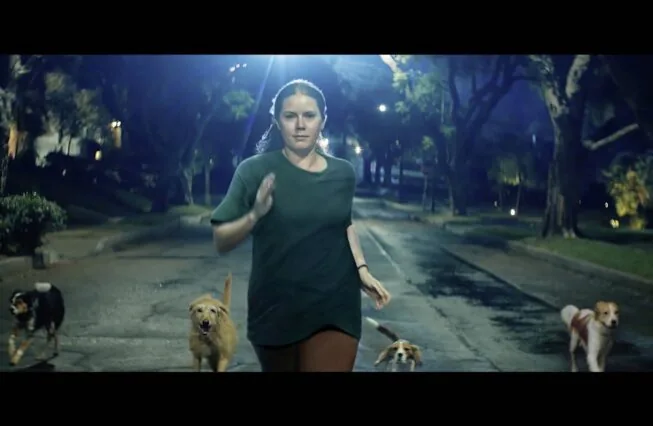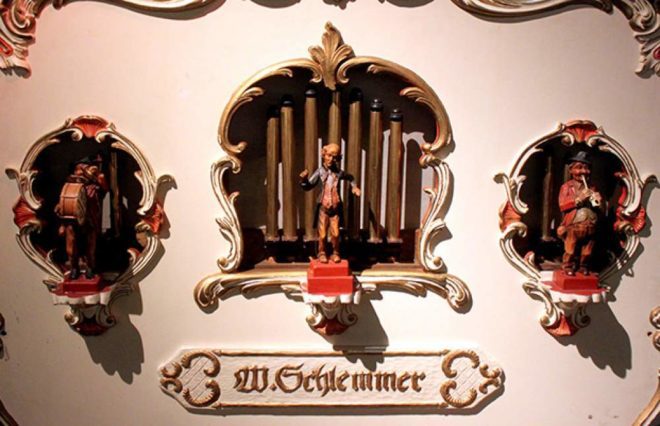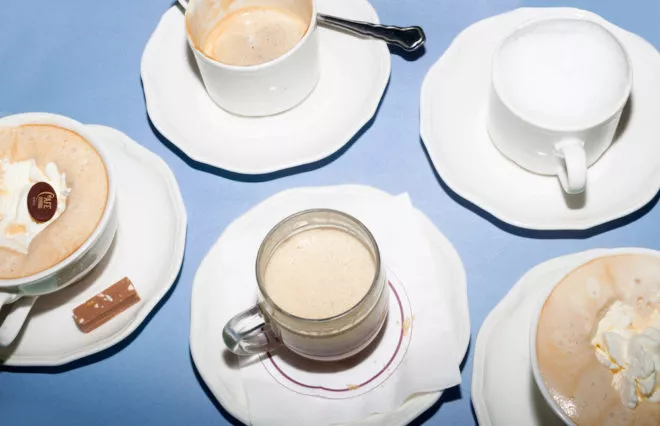We had conversations with fellow and PhD Candidate Tiffany Williams, influencer, Christl Clear, and photographer, Cameron who all share their own take on being black in Austria and the now global black lives matter movement.
VWS: What is your personal experience being Afro-Austrian / a person of colour living in Austria?
Christl Clear (CC):
(Via Youtube) ‘A good example is that, when I was at the supermarket some time ago, the woman behind the deli counter skipped me. She served everyone before me and after me and skipped me systematically. I didn’t enter a discussion with her, but went to the branch manager to explain everything. His first reaction was that he said he couldn’t imagine that. After we confronted the employee, she said she ‘didn’t see me’. The branch manager apologised, said he wasn’t aware of what she was like and that there will be consequences.’
Tiffany Williams (TW):
‘I have found life safer in all aspects here in Austria (as well as other European countries). But, you have to remember that I am originally from The States where life is much different for everyone. I think having experienced full immigration many times on this continent has made me more aware of my own privileges here (meaning I am usually treated as an ‘expat’ rather than an ‘immigrant’ given my citizenship and reason for residency), and I now have even more profound empathy for those who go through that process in the U.S. I am inclined to believe that the immigration experience in many countries is generally rooted in xenophobia, and that is a rather unacceptable shame. Nevertheless, for every anti-immigrant encounter I have had here, there have (thankfully) been more supportive experiences to balance that out. Could be because my core connections here are other immigrants/expats.’
Cameron Ugbodu (CU):
’My experience growing up black in Austria: I’ve been spat on, I’ve been beaten up, people called the police on me for no reason, teachers touching my hair, being called the N word more times than I can count, hating my own body because I was told it’s gross, never feeling at home, or welcome in the country I grew up in. But it’s fine because now we got #blm LOL‘
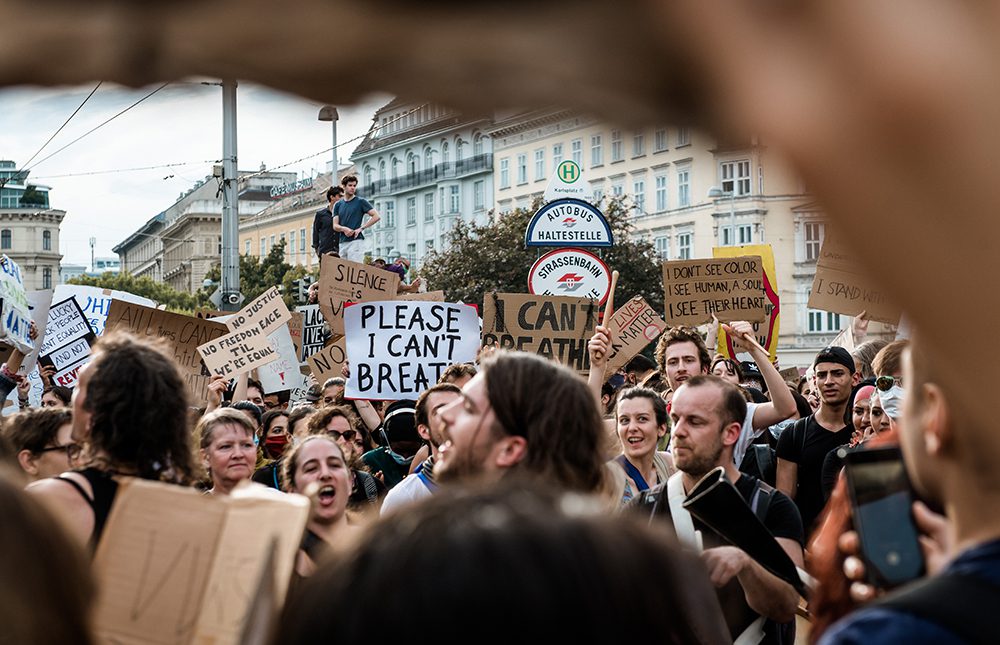
VWS: Do you believe there is a reason why Austro-Africans have become this vocal now?
CC: ‘First of all, I think it’s more than just Austro-Africans. We’ve always been vocal, but I think our bubble just burst in recent weeks. ‘Cause we’ve always been in our bubble, we’ve always been vocal. But I think the combination of literally seeing black people dying from the coronavirus and then having six people in one month killed by police brutality and now watching, literally watching, George Floyd dying in a video of over 8 minutes 46 seconds, I think that just, that just burst our bubble.’
TW: ‘As I am not Austrian, I could not say with absolute certainty. And, perhaps there is a unique reason for each Austro-African person. I am just grateful that I am here at this place in time to witness it. I will add, though, that I hope their fellow Austrians listen to them in the spirit of understanding and in recognition that this country is growing in its diversity. […]
This fight against racism is not just a U.S. American fight. It is a global fight for the very human consciousness and human dignity of us all. From what I have witnessed here, it seems that Austro-Africans are voicing their agreement.’
CU: ‘The question itself is quite difficult for me because we’ve always been loud. For hundreds of years, we’ve been loud and been screaming out that we’re being killed just for the colour of our skin. It’s a little bit offensive to say that we just started now, we’ve done it all the time but no one wanted to listen to us.’
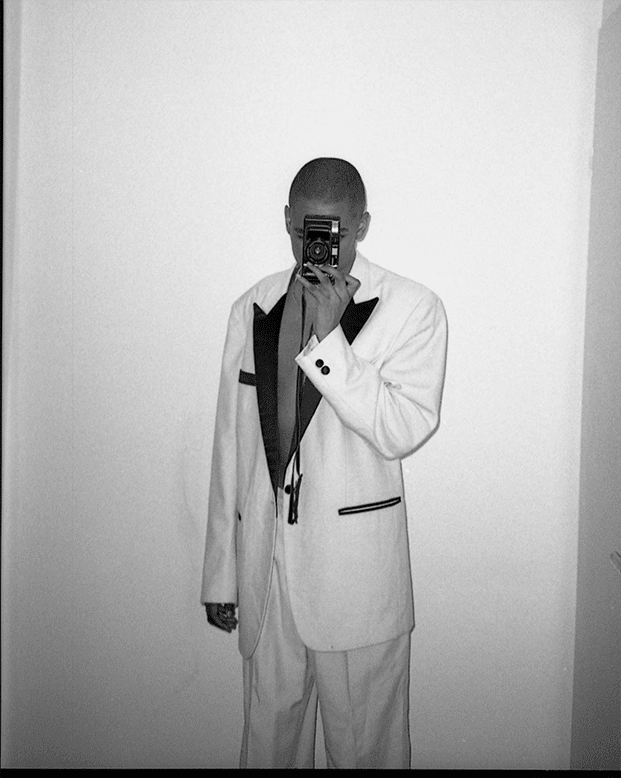
© Photo of and by Cameron Ugbodu
VWS: What role do you believe social media plays in the BLM movement?
CC: ‘I’ve always been a big fan of social media, even with all the negatives that come with it. But I really appreciate it – it has given us a tool for unity. It’s made it possible to speak to thousands of people and touch them while spreading news, information, and knowledge like never before. Yes, there are ignorant people spreading false information, but I really think that those people who are anti-racist are louder and stronger this time.’
TW: ‘Hashtags can unite people and help a movement emerge and spread. […] Social media also offers the ability to reach a wider audience about events and opportunities to have a voice – and also to send reminders for these events to hold people accountable! These new spaces for unity can be absolutely wonderful. I think that being bold about using positive, empowering hashtags shows that we are not ashamed, are not deviant, and want to unite people in love and justice. I also believe that the widely shared images of brutality help touch the already tender-hearted, but images in the media are nothing new. […] Hopefully, this latest movement can shift whatever indignity has remained and was further normalised since the last one.’
CU: ‘It’s a trend on social media and it’s kind of hurtful that it has to be a trend. Why can’t it be a normal thing for human beings to be treated as equals? It takes a social media trend for the issue to come forwards. It’s weird, and I’ve definitely got some mixed feelings about it. Just like any other trend, it will stop, and if BLM stops trending, people will still get killed. It’s the whole system that needs to be changed. That can’t be done on social media.’
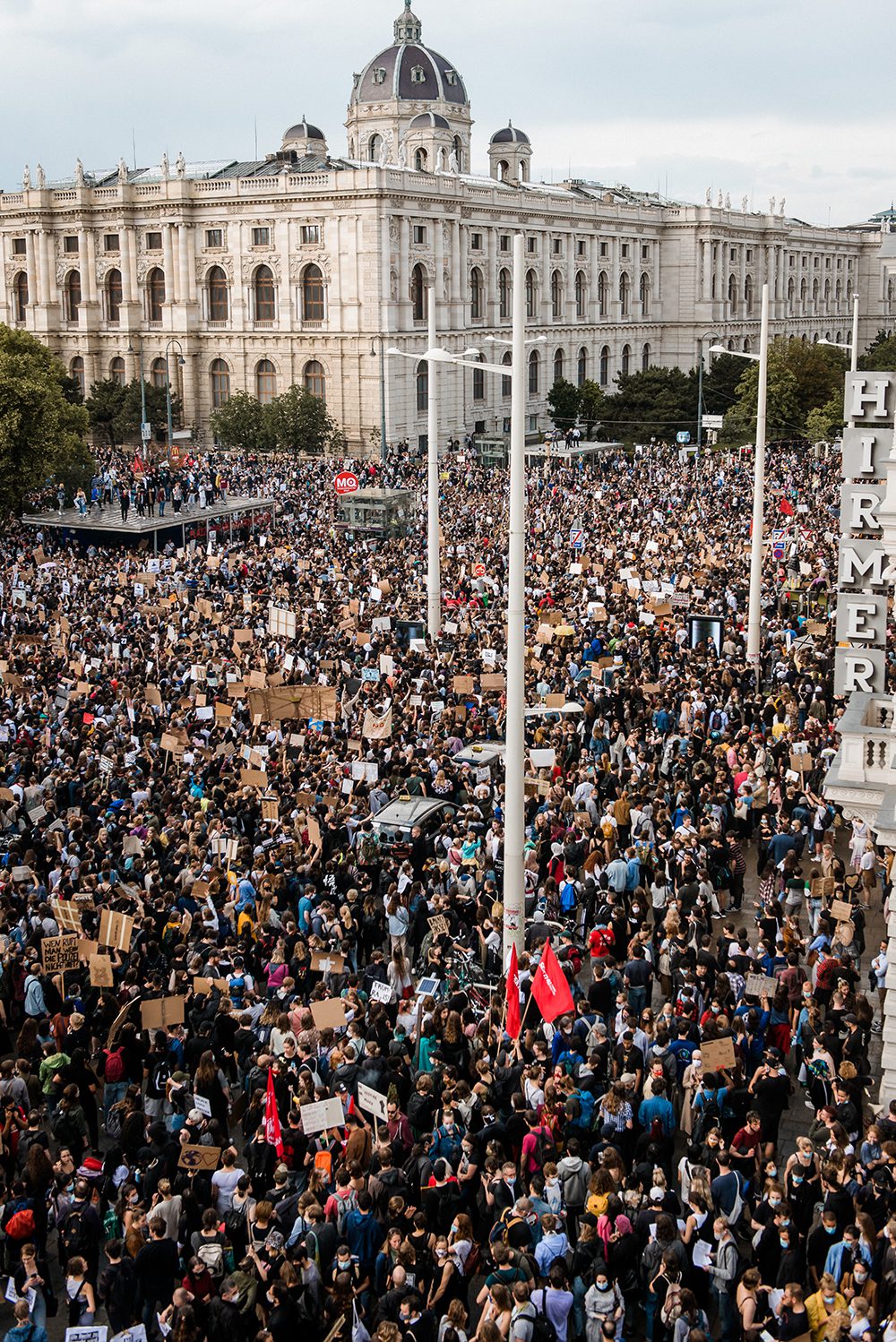
VWS: The black lives matter movement has transcended from the US to Austria. What traces will it leave for the future in this country?
CC: ‘I think after this wave has receded, I think people are gonna’ be more conscious about racism. People are gonna’ be more conscious about people of colour. They’re gonna notice how diversity is missing, I think – well, most people. Maybe they’re gonna’ listen, maybe people are gonna’ try to hold onto what they’ve learned, […] saw and heard over the last few weeks. I really think we made a change. I really, really, really think we made a change.’
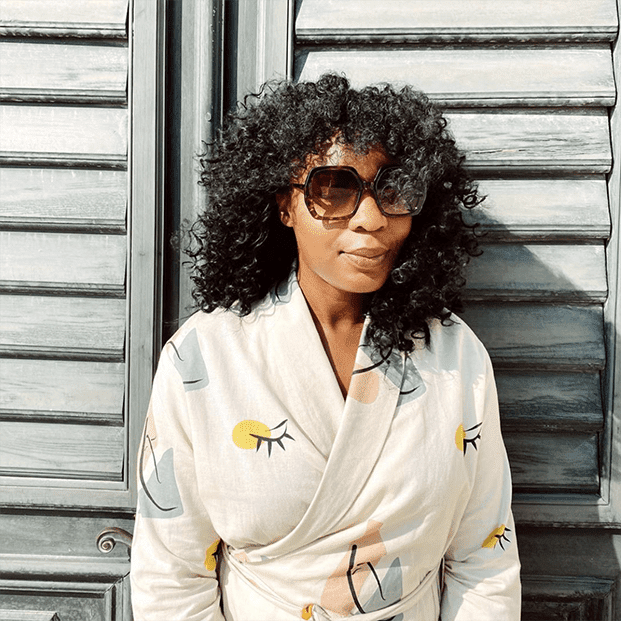
© Photo of and by Christl Clear
TW: ‘Again, I hope that as this country grows and becomes more diverse that it will learn from the U.S. and not repeat its mistakes. This requires recognition and acknowledgment that may feel uncomfortable and even disturbing at first. But this disturbance can bring the brilliant opportunity for evolution. […] Austria is indeed very safe, and I am very grateful for the privilege to live here. Still, I hope we all become more open to recognising and opposing even the micro-aggressions and the micro-expressions of beliefs that devalue other humans. That is a dangerous path that only has one final destination. Instead, I hope we all choose to acknowledge the dignity of all humans, and to recognise dignity denied as dangerous and inexcusable.’
CU: ‘[…] The black community in Austria isn’t as big as in the US so it might not have been as visible as it is in the US. But it’s been here. It’s kind of up to white people to change things. So many things are built upon Africans and African resources. […] It’s not about revenge, but equality. We are doing everything we can to change the system, but to do it in a peaceful way we would need help from the people in power, because that’s the only way we can change things peacefully.’

